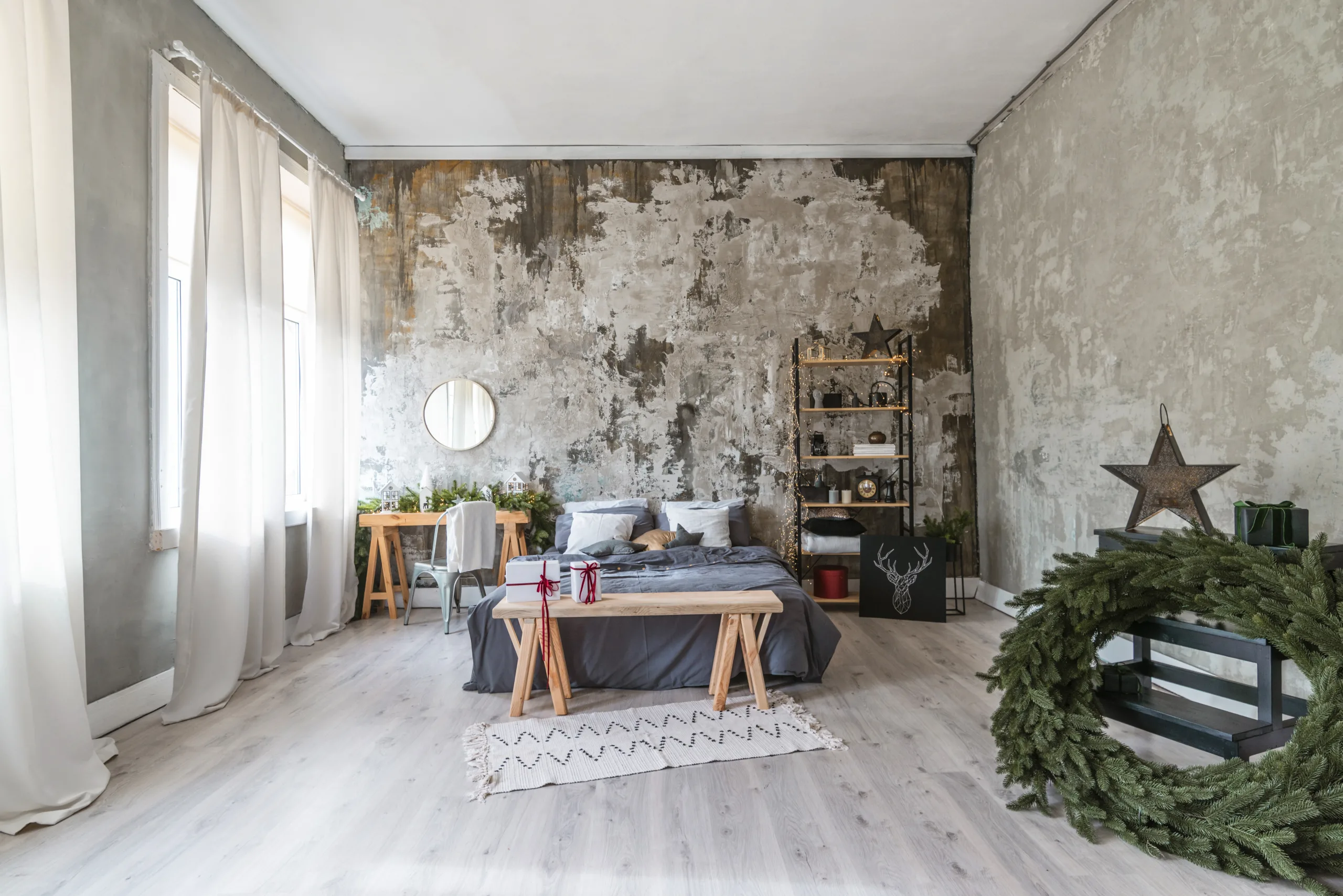
Basement conversion has become a popular trend in San Jose, California. Homeowners are taking advantage of the extra space in their homes by converting their basements into functional living areas. A basement conversion can add value to a home, increase living space, and provide a unique and comfortable living area.
Understanding Basement Conversion is the first step towards planning a successful project. Homeowners need to consider the structural integrity of their basement, the plumbing and electrical systems, and the ventilation. Planning Your Basement Conversion is the next step, which involves determining the purpose of the space, creating a budget, and hiring a contractor.
The Conversion Process involves obtaining permits, demolition, framing, and finishing. Finishing Touches include decorating, lighting, and adding storage. Potential Challenges and Solutions include moisture control, insulation, and soundproofing. Cost Analysis involves determining the cost of the project and finding ways to save money. Case Studies provide examples of successful basement conversions, while Maintenance and Upkeep ensure the longevity of the new living space.
Key Takeaways
- Understanding Basement Conversion is crucial for a successful project.
- Planning Your Basement Conversion involves determining the purpose of the space, creating a budget, and hiring a contractor.
- The Conversion Process includes obtaining permits, demolition, framing, and finishing.
Understanding Basement Conversion
Basement conversions are becoming increasingly popular in San Jose, California. This is because they offer homeowners a cost-effective way to add usable space to their homes without needing an expensive extension. In this section, we will look at basement conversion’s benefits, San Jose’s legal requirements, and zoning laws and building codes.
Benefits of Basement Conversion
There are many benefits to converting your basement. Firstly, it can add significant value to your property. A well-designed basement conversion can increase the value of your home by up to 30%. Secondly, it can provide you with much-needed extra space. A basement conversion can be used for various purposes, including a spare bedroom, a home office, or a playroom for children. Lastly, converting your basement can be a cost-effective way to add space to your home, especially if you compare it to the cost of an extension.
Legal Requirements in San Jose
Before you begin your basement conversion, you must be aware of the legal requirements in San Jose. Firstly, you will need to obtain a building permit from the city. This permit will ensure that your conversion meets all the necessary building codes and safety standards. Secondly, you must hire a licensed contractor to carry out the work. This is important as it ensures the work is done to a high standard and meets all the necessary safety requirements.
Zoning Laws and Building Codes
In San Jose, there are zoning laws and building codes that you must comply with when converting your basement. These laws and codes are in place to ensure that your conversion is safe and meets all the necessary standards. For example, you must ensure that your basement has adequate ventilation, lighting, and emergency exits. You must also ensure that your conversion meets the necessary fire safety standards, including installing smoke detectors and fire alarms.
In conclusion, basement conversions can be a great way to add value and space to your home. However, it is essential to be aware of the legal requirements and zoning laws in San Jose before you begin your conversion. Doing so can ensure that your conversion is safe, meets all the necessary standards, and adds value to your property.
Planning Your Basement Conversion
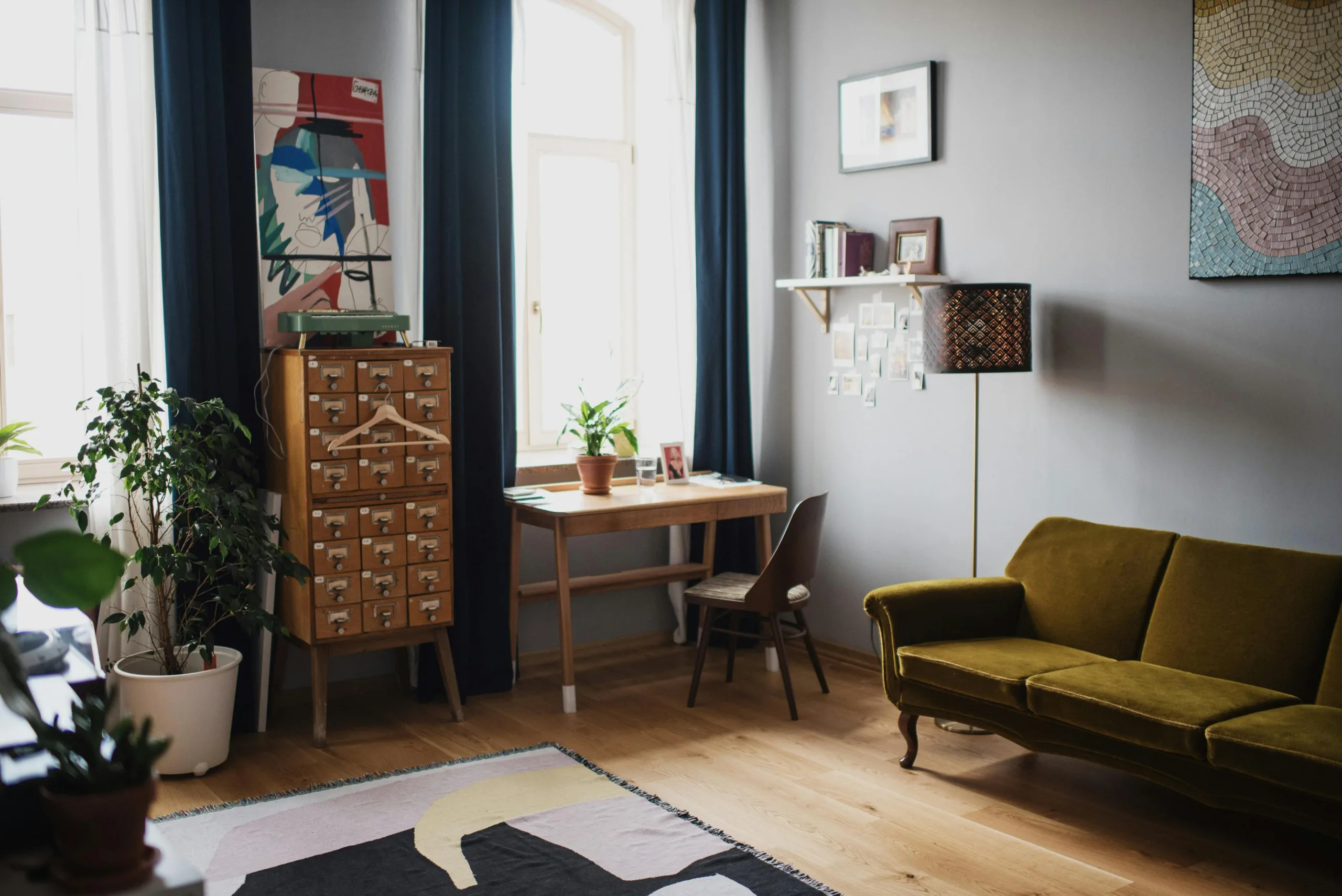
When planning a basement conversion in San Jose, California, several important considerations must be remembered. This section will provide an overview of the key factors to consider when planning your basement conversion project.
Setting a Budget
One of the most important steps in planning a basement conversion is setting a budget. It is essential to clearly understand how much you can afford to spend on the project before you begin. This will help you to prioritize your needs and wants and make informed decisions about what materials, finishes, and features to include in your design.
Design Considerations
When designing your basement conversion, there are several important factors to consider. These may include the layout and flow of the space, the types of finishes and materials you want to use, and the specific features or amenities you want to include. It is important to work with a professional designer or architect to ensure that your design is functional, safe, and aesthetically pleasing.
Hiring a Professional vs. DIY
Another important consideration when planning your basement conversion is whether to hire a professional contractor or to tackle the project yourself. While DIY projects can be rewarding and cost-effective, they can also be time-consuming and risky. It is important to weigh each option’s pros and cons and make an informed decision based on your skills, experience, and budget.
Overall, planning a basement conversion in San Jose, California, requires careful consideration of various factors. By setting a budget, carefully considering your design options, and making informed decisions about hiring a professional or tackling the project yourself, you can ensure that your basement conversion project is a success.
The Conversion Process
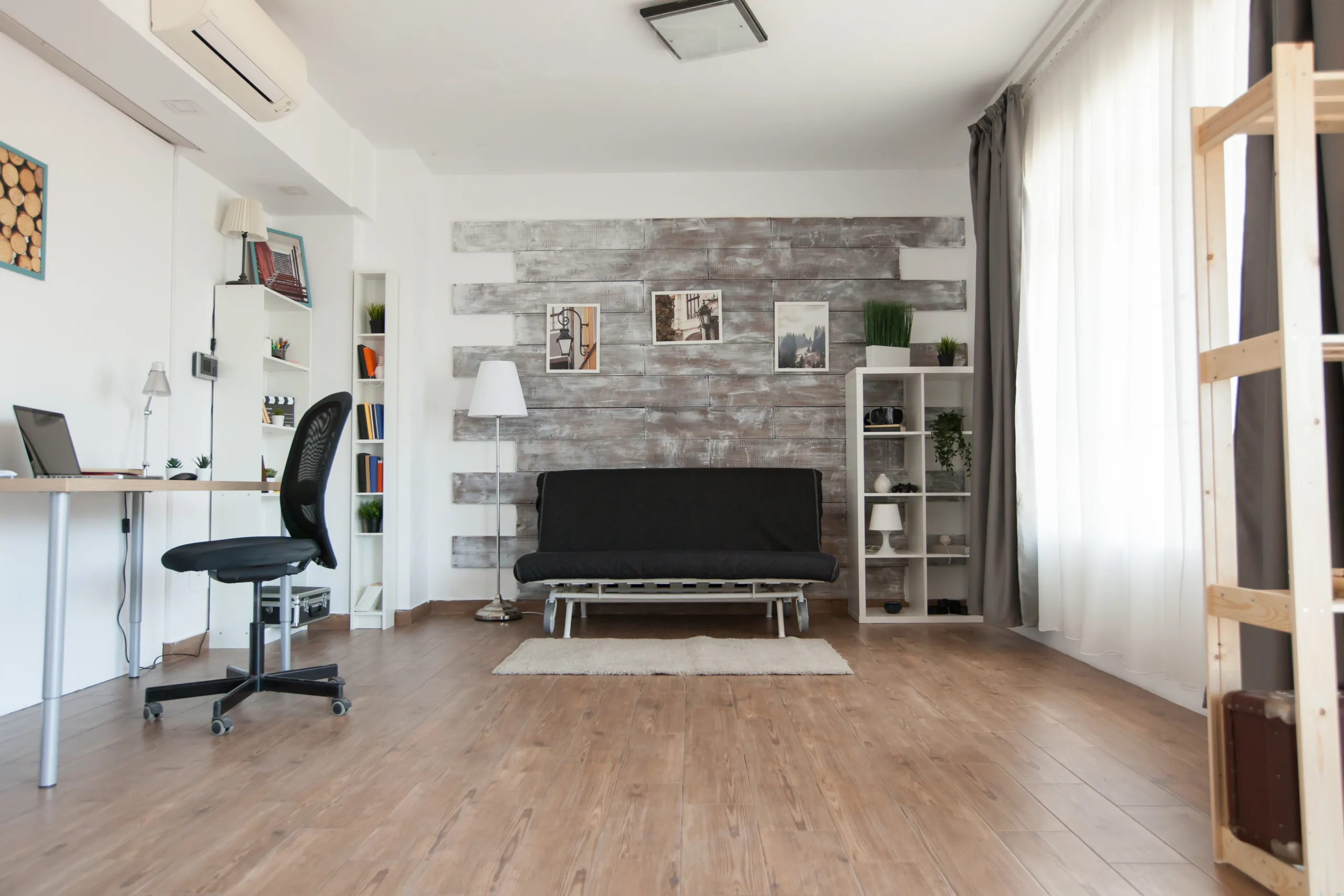
A basement conversion is an excellent way to add more living space to your home. However, the process can be complicated and time-consuming. Here is an overview of the typical steps involved in converting a basement in San Jose, California.
Obtaining Permits
Before starting any work, obtaining the necessary permits from the local authorities is essential. The permit process varies depending on the type of work being done and the property’s location. It is recommended to consult with a local contractor or architect to ensure all permits are obtained correctly.
Waterproofing and Foundation Work
Basements are prone to moisture and water damage, making waterproofing and foundation work a crucial step in the conversion process. The contractor will inspect the foundation and make any necessary repairs before installing a waterproofing system. This system may include a sump pump, drainage system, or sealing the walls and floors.
Electrical and Plumbing Upgrades
Upgrading the electrical and plumbing systems is another essential step in the conversion process. The contractor will install new electrical wiring and outlets to meet code requirements and accommodate the new living space’s electrical needs. Plumbing upgrades may include installing new pipes, drains, and fixtures to accommodate a bathroom or kitchenette.
Insulation and Ventilation
Proper insulation and ventilation are critical in creating a comfortable and energy-efficient living space. The contractor will install insulation in the walls and ceiling to regulate the temperature and reduce noise. They will also install ventilation systems, such as fans or ducts, to maintain proper air circulation and prevent mold growth.
In conclusion, converting a basement in San Jose, California, requires careful planning and execution. By following these steps and working with a reputable contractor, homeowners can create a beautiful and functional living space that adds value to their home.
Finishing Touches
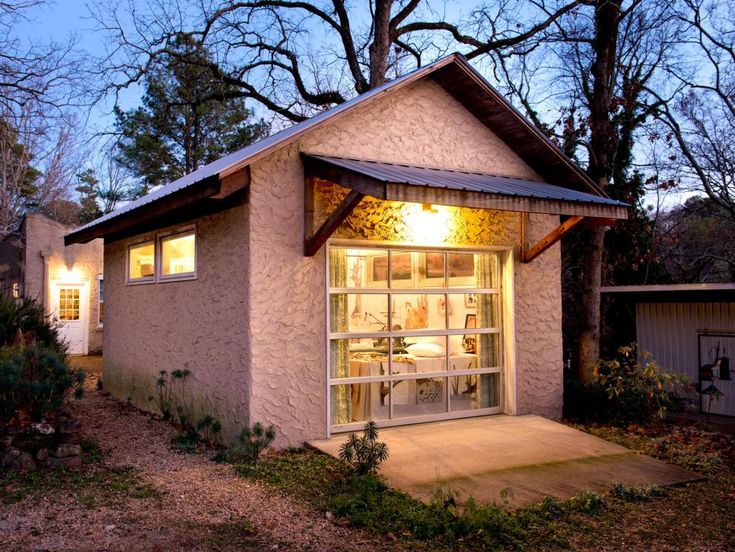
Interior Design
When it comes to converting a basement into a livable space, the interior design is key to creating a comfortable and inviting atmosphere. Neutral colors such as beige, gray, and white can help brighten up the space and make it feel larger. Adding texture through area rugs, throw pillows, and curtains can also add warmth and coziness to the room. Consider adding a statement piece of artwork or a decorative mirror to add visual interest to the walls.
Lighting Solutions
Lighting is an important aspect of any living space, and a basement conversion is no exception. For a basement, it’s important to have a mix of ambient, task, and accent lighting to create a well-lit and functional space. Recessed lighting can provide ambient lighting, while table lamps or floor lamps can provide task lighting for reading or working. Accent lighting can be added through wall sconces or picture lights to highlight artwork or other decorative elements in the room.
Furniture and Decor
Choosing the right furniture and decor can make a big difference in the functionality and style of a basement conversion. Opt for furniture that is both comfortable and practical, such as a sectional sofa or a storage ottoman. Consider adding a bar area or a game table for entertaining guests. When it comes to decor, choose items that reflect your personal style and add character to the space. Plants, candles, and decorative objects can all help create a welcoming and inviting atmosphere.
In summary, the finishing touches of a basement conversion are crucial in creating a comfortable and functional living space. By focusing on interior design, lighting solutions, and furniture and decor, homeowners can transform their basement into a space that they’ll love to spend time in.
Potential Challenges and Solutions
Dealing with Limited Space
Basement conversions in San Jose California can be challenging due to limited space. When converting a basement, it is important to consider the existing space and plan accordingly. One solution is to create a functional layout that maximizes the available space. This can be achieved by using space-saving furniture, such as built-in shelving and cabinets.
Another solution is to create a multi-purpose space. For example, a basement can be used as a home office during the day and a recreational space at night. This approach allows for maximum use of the limited space available.
Addressing Moisture Issues
Moisture is a common problem in basements, and it can cause significant damage to the structure and the contents of the space. To prevent moisture issues, it is important to address the root cause of the problem. This may involve waterproofing the basement walls and floors, installing a sump pump, or improving ventilation.
Another solution is to use moisture-resistant materials when finishing the basement. For example, using mold-resistant drywall and flooring materials can help prevent moisture-related issues.
Ensuring Proper Egress
When converting a basement into a living space, it is important to ensure that there is proper egress. This includes having at least one window that meets the minimum size requirements for emergency escape and rescue. It is also important to ensure that the window is easily accessible and can be opened from the inside without the use of tools.
Another solution is to install an egress window well. This can provide additional natural light and ventilation to the space, while also providing a safe means of escape in case of an emergency.
Overall, converting a basement in San Jose California can be a challenging but rewarding project. By addressing potential challenges such as limited space, moisture issues, and proper egress, homeowners can create a functional and comfortable living space that adds value to their home.
Cost Analysis
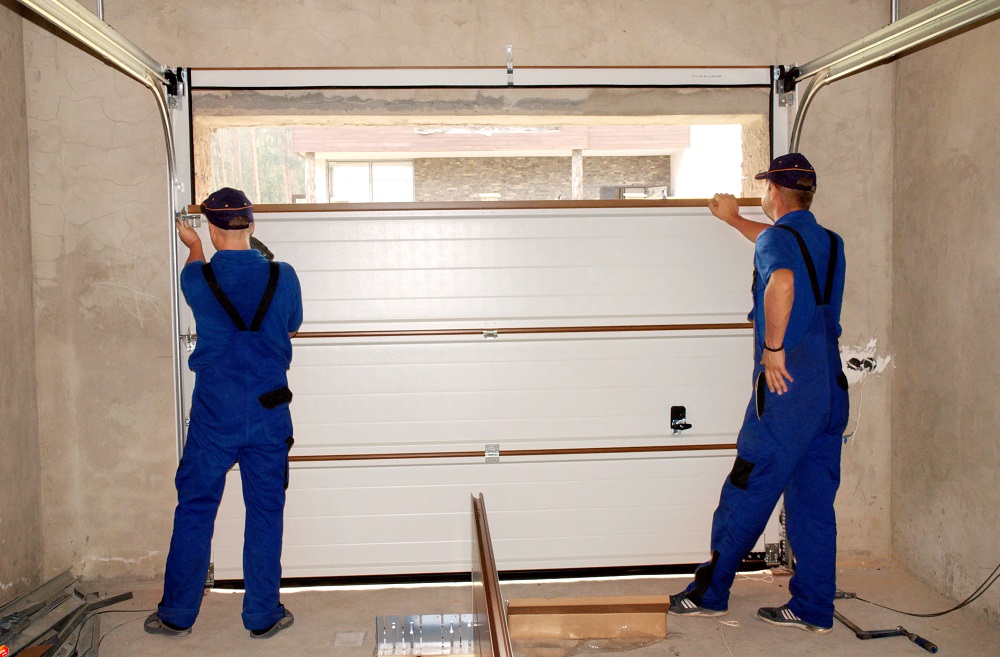
Estimating Overall Costs
The cost of converting a basement in San Jose, California can vary greatly depending on several factors such as the size of the basement, the type of materials used, and the complexity of the project. According to HomeAdvisor, the average cost of a basement conversion in San Jose ranges from $25,000 to $65,000.
It is important to note that this estimate does not include the cost of any necessary permits, which can add several thousand dollars to the overall cost. Additionally, if any structural changes are needed to the basement, such as reinforcing the foundation or adding windows, the cost can increase significantly.
Cost-Saving Tips
There are several ways to save money when converting a basement. One way is to use cost-effective materials such as laminate flooring instead of hardwood or tile. Another way is to keep the design simple and avoid unnecessary features such as a built-in bar or fireplace.
It is also important to get multiple quotes from contractors to ensure that you are getting a fair price. Finally, consider doing some of the work yourself, such as painting or installing light fixtures, to save on labor costs.
Return on Investment
While the cost of a basement conversion can be significant, it is important to consider the potential return on investment. According to Remodeling Magazine’s Cost vs. Value report for 2023, a basement remodel in the West region (which includes California) has an average return on investment of 64.5%.
This means that if you spend $50,000 on a basement conversion, you can expect to recoup approximately $32,250 when you sell your home. Remember that this return on investment can vary depending on the quality of the work and the current real estate market.
Common Pitfalls to Avoid
While basement conversion projects can be successful, there are also common pitfalls to avoid. One common mistake is failing to obtain the necessary permits and inspections. Homeowners should check with their local building department to ensure they follow all regulations and safety codes.
Another pitfall needs to address moisture and ventilation issues. Basements are prone to dampness and poor air circulation, leading to mold and other health hazards. Homeowners should install proper waterproofing and ventilation systems to ensure a safe and healthy living space.
Lastly, homeowners should be realistic about their budget and timeline. Basement conversion projects can be costly and time-consuming, especially if unexpected issues arise. It is important to plan carefully and work with experienced professionals to ensure a successful outcome.
Maintenance and Upkeep
Routine Maintenance Tips
Keeping a basement conversion in good condition requires regular maintenance. This includes cleaning, checking for leaks, and inspecting the foundation. Here are some routine maintenance tips for homeowners:
- Clean the basement regularly to prevent mold and mildew growth. Use a dehumidifier to reduce moisture levels.
- Check for leaks in the plumbing, walls, and windows. Repair any leaks as soon as possible to prevent water damage.
- Inspect the foundation for cracks or other damage. If you notice any issues, contact a professional for repairs.
- Test the smoke and carbon monoxide detectors regularly to ensure they work correctly.
Long-Term Care Strategies
In addition to routine maintenance, homeowners can implement some long-term care strategies to keep their basement conversion in good condition. These include:
- Installing a sump pump to prevent flooding during heavy rainstorms.
- Adding insulation to the walls and ceiling improves energy efficiency and reduces noise.
- Upgrading the lighting to make the space brighter and more inviting.
- Installing a radon mitigation system to reduce the risk of radon exposure.
Following these routine maintenance tips and long-term care strategies, homeowners can keep their basement conversion in excellent condition for years.
Conclusion
At San Jose ADU Builder & Room Addition, we understand basement conversions’ unique challenges and opportunities in this vibrant city. Whether you aim to create a comfortable living space, a home office, or an entertainment area, our team has the skills and experience to bring your ideas to life. We prioritize quality, efficiency, and customer satisfaction, ensuring your basement conversion meets and exceeds your expectations.
Embrace the potential of your underutilized space with San Jose ADU Builder & Room Addition. Our commitment to excellence in basement conversions will help you transform your basement into a valuable asset for your home. Contact us today to begin your basement transformation journey in San Jose, California, and discover the endless possibilities that await!

